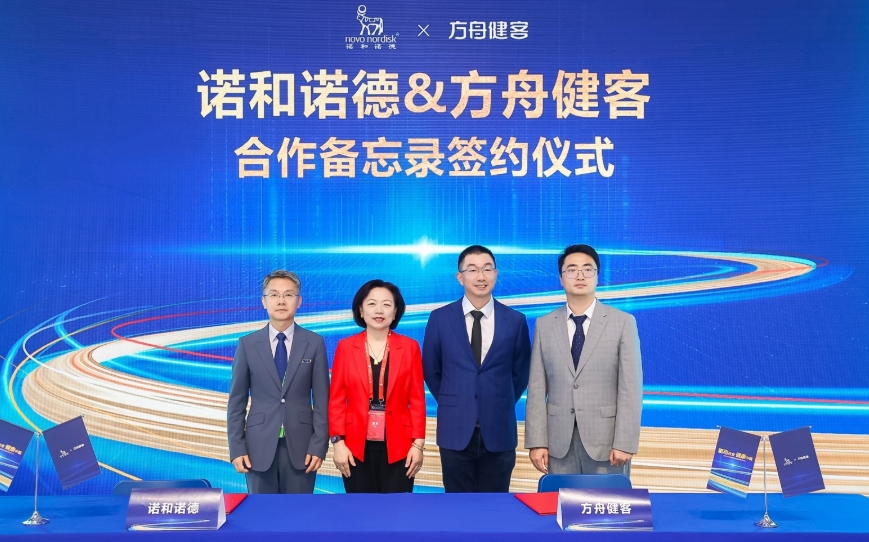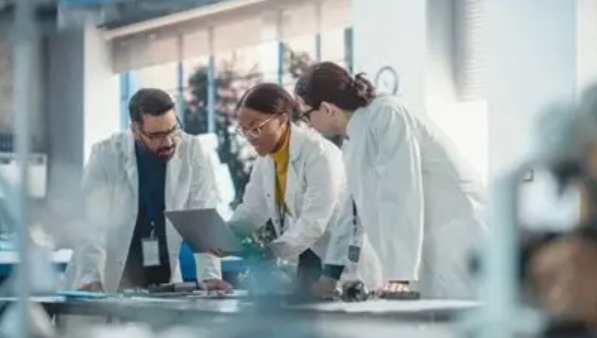
Image credit: shutterstock
Singapore-based SCG Cell Therapy Pte Ltd, has announced that Singapore's Health Sciences Authority (HSA) has cleared the company's Investigational New Drug (IND) application for clinical trials for SCG101, an autologous T-cell receptor (TCR) T-cell therapy.
SCG101 is being developed to treat hepatitis B virus (HBV) related hepatocellular carcinoma (HCC) – the most common form of liver cancer.
The treatment has recently secured IND approval from China's National Medical Products Administration (NMPA), making it the first TCR-T cell therapy product approved by the NMPA for the treatment of HCC and the first multi-regional IND approval in the field of cell therapy across Singapore and China.
According to Grand View Research, the global T-cell therapy market is expected to reach $20.3 billion by 2028, expanding at a CAGR of 20.2% from 2021 to 2028.
With SCG101, the function of T-cells is activated by recognising peptide fragments - short chains of amino acids - of pathogen-derived proteins in the form of complexes of peptides and MHC molecules (major histocompatibility complex) on the cell surface via the TCR. SCG101 specifically recognises the epitope of the hepatitis B virus surface antigen (HBsAg), which redirects T-cells specificity against the HBV antigens. With the specific HLA typing, SCG101 can recognise both HBsAg membrane antigen and HBsAg intracellular antigen. Therefore, SCG101 eliminates HBsAg-positive HCC cells and also eradicates HBV cccDNA (covalently closed circular DNA).




